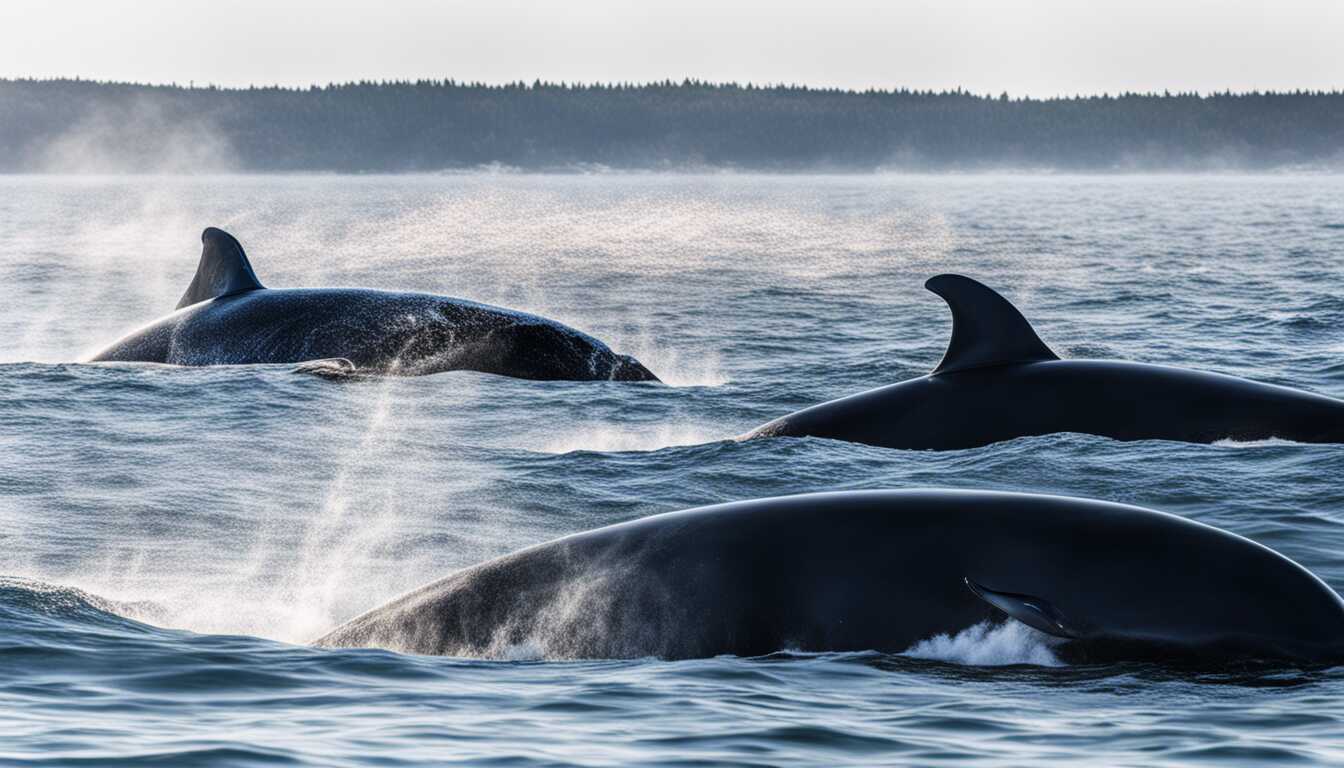
Lawsuit filed to protect endangered whales from ship collisions

Environmental groups have taken legal action against the federal government to push for the implementation of ship speed rules aimed at protecting the North Atlantic right whale, a species on the brink of extinction. The proposed rules would require vessels along the East Coast to reduce speed to mitigate the risk of collisions with these endangered marine mammals, which number less than 360.
Lawsuit filed by environmental organizations
The lawsuit, filed by a coalition of environmental organizations, seeks to compel the government to finalize and enforce the ship speed regulations, citing the urgent need to safeguard the dwindling population of North Atlantic right whales.
Delays in finalizing ship speed regulations
The legal action comes in the wake of continuous delays in the release of the final rules by the federal government, prompting criticism from the environmental groups involved in the lawsuit. The National Oceanic and Atmospheric Administration (NOAA) has introduced the proposed ship speed rules, which would expand slow zones and impose stricter speed regulations on vessels navigating the East Coast waters. However, the finalization of these rules is still pending, with NOAA spokesperson Andrea Gomez stating that the agency is in the process of completing the rulemaking.
Urgency of lawsuit
The urgency of the lawsuit is underscored by recent incidents of injuries and fatalities among right whales, particularly as they migrate along the East Coast. The discovery of a deceased right whale in Massachusetts exhibiting signs of entanglement in fishing gear has further intensified the need for immediate protective measures. This tragic occurrence has fueled the resolve of environmentalists to pursue legal action, emphasizing the detrimental impact of delayed regulatory interventions.
Threats to North Atlantic right whales
The North Atlantic right whale, once abundant in the region, has faced significant threats from human activities, including historical commercial whaling and contemporary challenges such as ship strikes and entanglement in fishing gear. Additionally, scientists have identified climate change as a compounding factor, affecting the whales' food sources and leading them into unprotected areas of the ocean.
Share news















